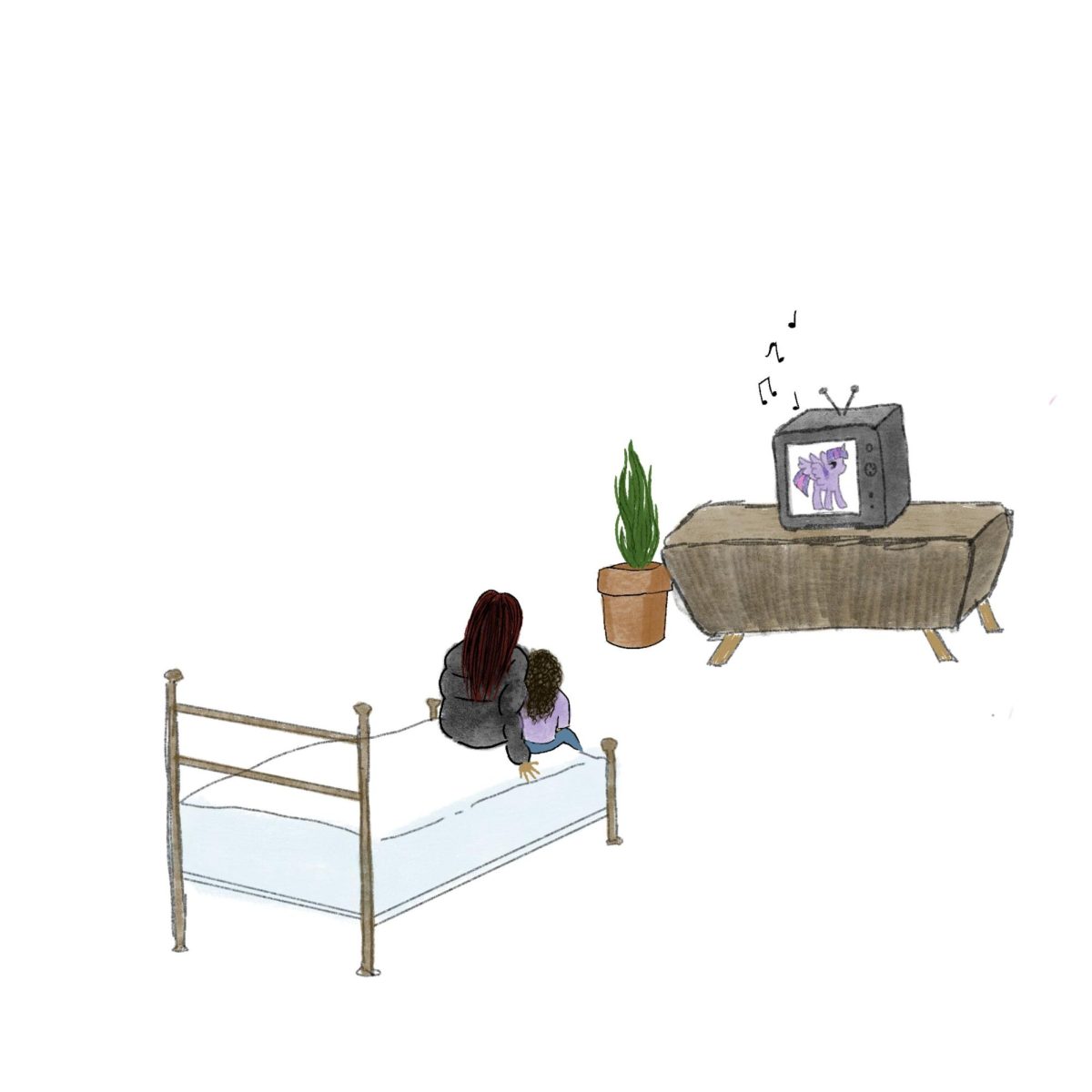
With the coronavirus wreaking more havoc each day on the world’s markets, resources, people, and entire nations, many are looking for answers as to how the virus became a global pandemic in a few short months. How could the world market lose over $1 trillion according to the UN? How could the United States experience the largest spike in unemployment files (over 10 million people according to the U.S. Department of Labor) in two weeks? What could cause major metropolitan areas like New York, Chicago, and Detroit to become desolate compared to their usual hustle and bustle?
Many U.S. citizens blame the government’s slow response to the virus, claiming that the White House should have recognized the early warning signs. In recent days, the blame has shifted to the World Health Organization, the international agency that many claim should have been more aware of the threat and warned other nations before it spread around the globe. These accusations all share valid points, but they all circle back to one major factor: the world was unprepared because we didn’t get information about the virus soon enough.
In any case, for the nations of the world to get proper warning and information, they would need to receive it from where the outbreak began in Wuhan, China. However, Chinese President Xi Jinping and the Chinese Communist Party (CCP) were anything but transparent in sharing the truth behind the coronavirus outbreak. According to BBC’s Stephanie Hegarty, China’s first major act of suppression happened in early January, when they tried to silence Dr. Li Weiliang. Weiliang was one of the first doctors to raise the alarm about the threat of the coronavirus, but, “four days later he was summoned to the Public Security Bureau where he was told to sign a letter. In the letter he was accused of ‘making false comments’ that had ‘severely disturbed the social order.’”
Shortly after this incident, China declared the outbreak an emergency. On February 28, the Shanghai laboratory that first publicly shared the coronavirus genome, the complete set of genes found in the virus, was closed for “rectification” (correcting of the lab’s behavior). According to the South China Post, a source with the center commented on how the center was never given a specific reason for its closure, and when they asked for a reason why, the government was silent.
These actions taken by the Chinese government should be major red flags for their character that the rest of the world should recognize. Due to the early suppression of doctors and centers, research and information about the coronavirus was essentially locked behind closed doors instead of being shared with the rest of the world. Suppressing medical experts and organizations who were experiencing the virus first hand was wrong; saying it was an act of irresponsibility would be an understatement considering the magnitude of the pandemic that the world is currently suffering under.
Even now, the Chinese government continues down the path of suppression, claiming they have won against the virus in multiple areas, opening parks and other public areas. However, opening these areas could potentially further endanger the country’s health, as it seems highly unlikely that China’s population of 1.4 billion people has completely recovered from the virus while coronavirus cases spike around the globe.
With this in mind, the rest of the world has a serious and ever-more pertinent question to answer: can the Chinese government be trusted?
The clear answer should be a resounding no. The CCP has shown its true colors to the world, and any nation in its right mind would be apt to at least reconsider how they approach relations with the Chinese government in the future. This is not to say that the world should distrust the people of China, far from it in fact. If anything, the people of China should be applauded and praised for their two-front struggle against the virus and their own authoritarian government.
If the CCP had been more forthcoming about the coronavirus and its potential for devastation, the alternate chain of events could be easily and logically extrapolated. The nations of the world would have been far more prepared in diverting resources to caring for patients and transforming factories to create medical supplies. Governments would have had more time to tighten travel regulations and enact other important disease containment policies.
While it is too late to think of the “what if’s,” it is certainly not too late to reconsider how we should handle Jinping’s authoritarian rule from here on out. With politics and economic opportunity aside, it is easy to realize that the CCP is for its members, and the world should be much more wary of that in the future.


